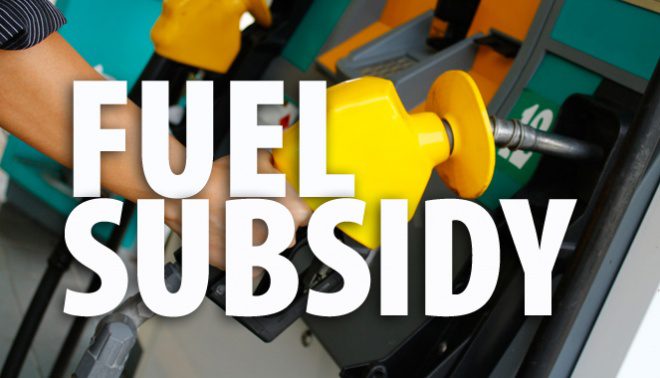
Can the fuel subsidy removal be reversed?
The removal of Nigeria’s fuel subsidy by President Bola Tinubu has sparked widespread anxiety and debate. Isa Sanusi, Acting Director for Amnesty International Nigeria, has voiced concerns about the severe impact this policy shift is having on millions of Nigerians. According to Sanusi, the subsidy’s removal has left many grappling with the rising costs of education, food, and healthcare, with the government yet to propose effective measures to alleviate these burdens for low-income individuals.
Sanusi argues that while the global trend toward removing fossil fuel subsidies is driven by the need to address the climate crisis and fulfil human rights obligations, such actions should not undermine people’s right to a decent standard of living. The removal of the subsidy, without adequate social cushioning, risks exacerbating poverty and worsening living conditions.
Sanusi emphasises that Nigeria should not bear the brunt of past political and economic failures related to the subsidy scheme. He urges the government to address longstanding issues of corruption and mismanagement in the fuel market and to put in place protections for the most affected populations.
The Arewa Economic Forum has also called for a reversal of the subsidy removal. Forum Chairman Ibrahim Dandakata has proposed that President Tinubu reintroduce the Premium Motor Spirit subsidy, funded by allocations from the Federal Allocation Accounts Committee, until transparency and accountability issues with state governors are resolved.
Dandakata highlights the acute challenges faced by citizens struggling with hyperinflation, skyrocketing prices, and reduced access to essential goods and services due to the subsidy removal and the naira’s depreciation.
The impact of the subsidy removal is multifaceted. On the positive side, it has potentially unlocked financial resources for other sectors, incentivised domestic refining, reduced dependence on imports, and curbed subsidy-related corruption. It has also promised to diminish the budget deficit and enhance public infrastructure development.
However, the negative consequences are also significant. These include potential short-term economic contraction, increased inflation, heightened poverty, and job losses in the informal sector. Additionally, there are concerns about rising fuel smuggling and criminal activities.
To address these issues, it is crucial for the government to carefully assess the broader economic impact and implement targeted palliatives and relief programs. This approach could help mitigate the adverse effects on individuals and businesses.
Despite President Tinubu’s assertion that the subsidy has been fully removed, there are claims, notably from former Kaduna Governor Malam Nasir El-Rufai and other politicians, suggesting that some form of subsidy payments may still be occurring. This ongoing debate underscores the complexities and contentious nature of the subsidy removal.
As the country grapples with the ramifications of this policy shift, the recent nationwide protests highlight the urgency for the government to reassess and address the growing economic hardships. The call for a reversal of the subsidy removal reflects widespread concern about maintaining economic stability and alleviating the profound difficulties faced by Nigerians.




